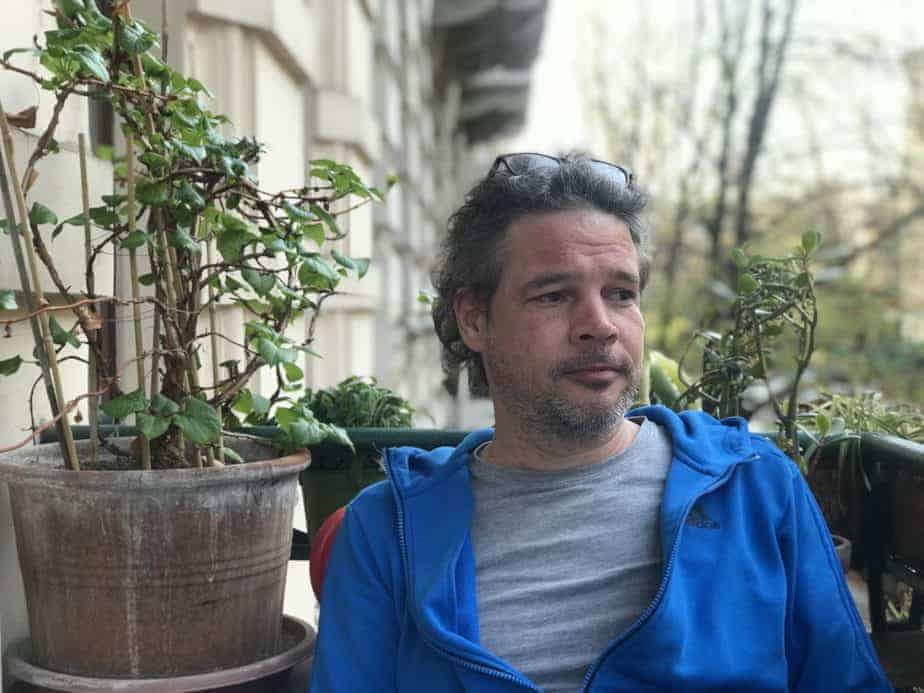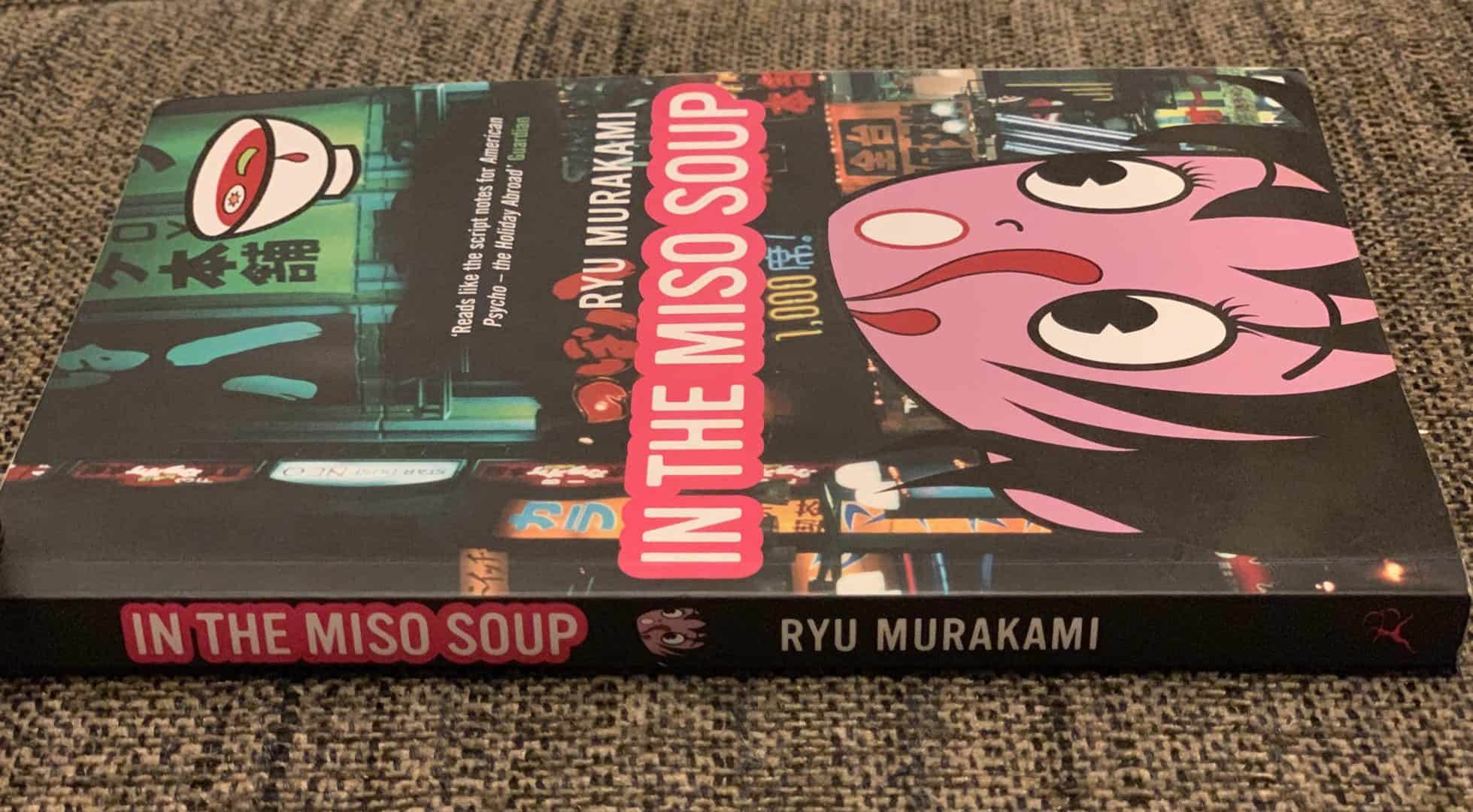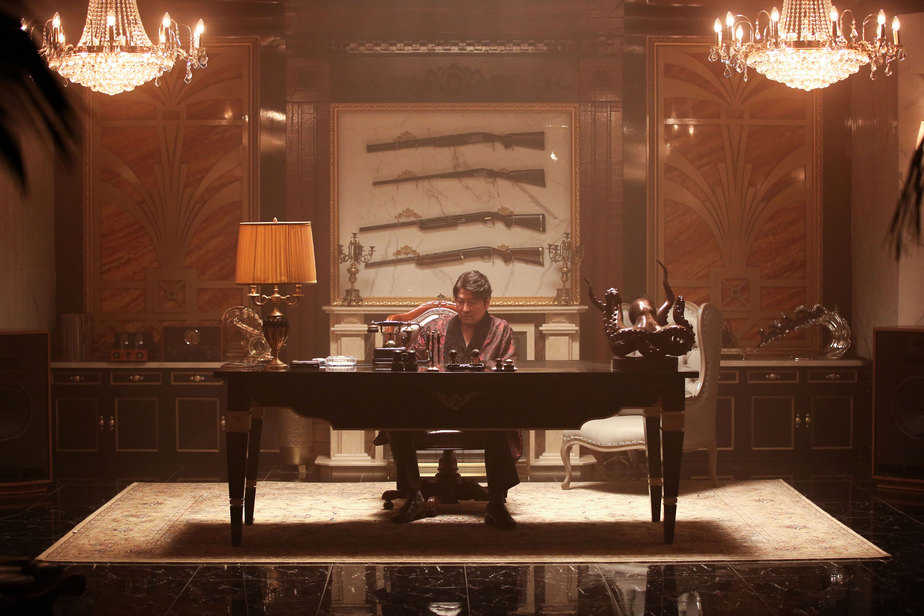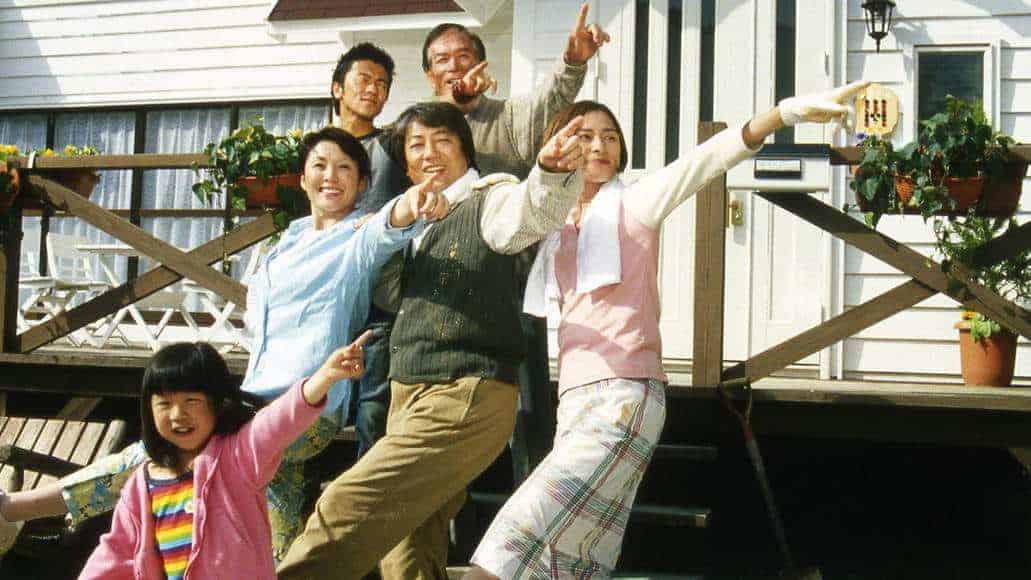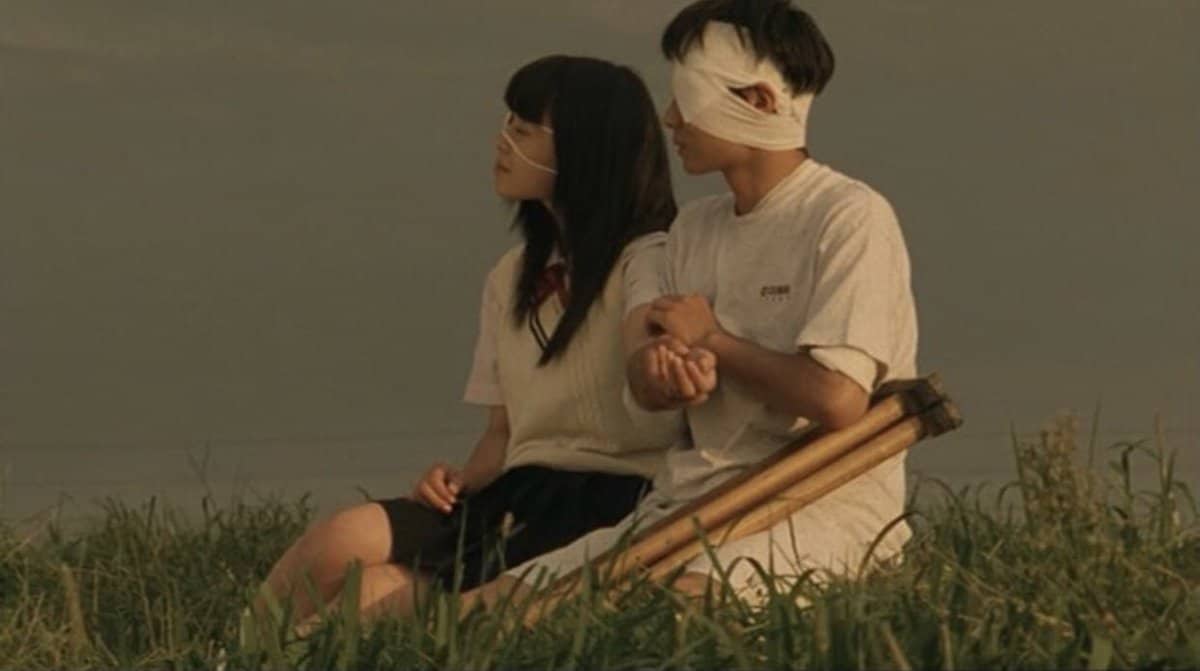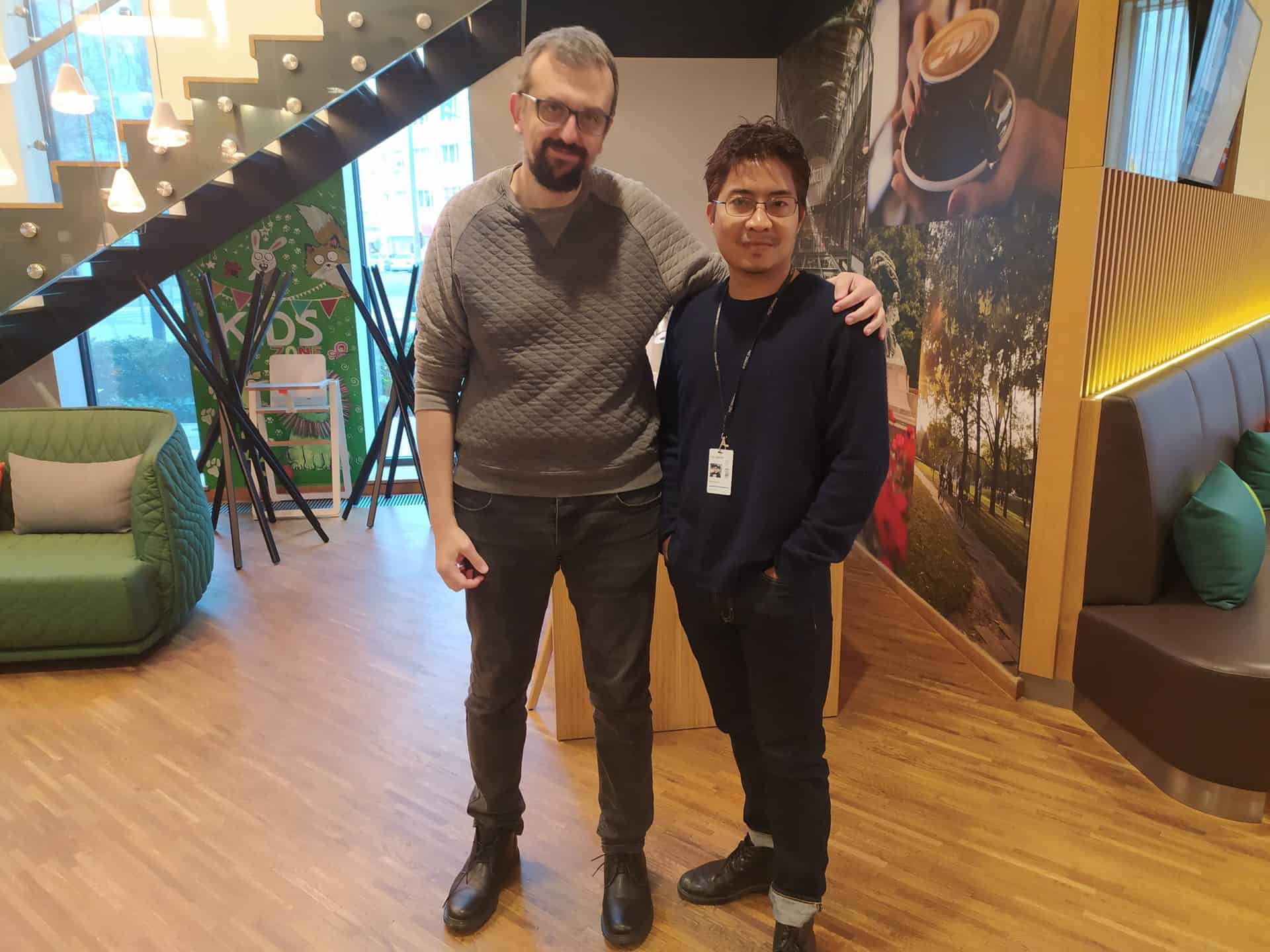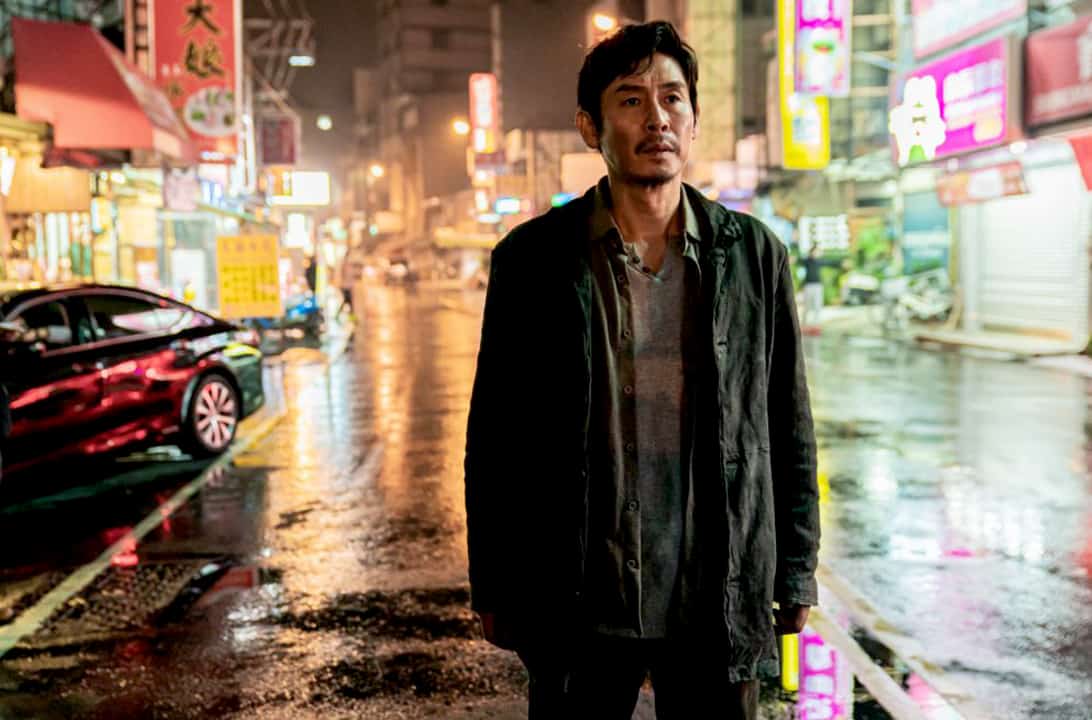Fabian Schmidt was born 1972 in Lübeck, and currently lives with his wife and two children in Berlin. He works as a sound designer and is a lecturer and PhD candidate at Film University Babelsberg. He is a Founding Member of the German Film Academy and Member of the European Film Academy. He has received multiple nominations from the German Film Awards and the MPSE Golden Reel.
On the occasion of our #TheKhavnProject, we speak with him about his career, the concept and technology of sound in movies, his upcoming movie, and of course, Khavn.
Can you give us some info on your background on cinema?
When I was a student of sociology and philosophy some 20 years ago I had a band and recorded music, so it was only a small step to start working in movie post-production, which I started first as a job and then as a profession. In the meantime, I have gone back studying again and am currently writing my PhD and am a lecturer at the Film University Babelsberg. But I am not teaching sound, I am more on the way of becoming a film historian.
You have been working in the industry since 2000. What are the most important changes you have witnessed and which in the field of sound?
I started working in post-production shortly after the extreme transition from analogue sound editing to digital sound post-production had taken place. When I started, most films were still shot on 35mm but picture editing already took place digitally – the transition to digital filming came only years later. During these times, sound editing was in some kind of “wild west” mode – though the profession of the sound editor existed already in the analogue times, the transition to digital editing was quite a challenge and there was a lot of experimenting in the early 2000s in Germany, which I remember as a vibrant and interesting time. But soon, the main workflows were established and then the post-production houses started sprouting up like mushrooms and lured film production companies by offering cheap packages including all picture and sound editing. The producer didn't have to hire the different members of the crew anymore, but simply paid a fix sum and delegated most staff decisions to the post-production house. That led to a massive shift downwards quality-wise and the low wages they paid did put quite some pressure on freelancers like me, who wouldn't – with very few exceptions – work for them. But the shift from analogue to digital sound editing also came with other side-effects. Back in the days, the sound editing was a sub-department of the picture editor. Now, suddenly the sound was done by technically interested young guys who had no clue about film or performance or dramaturgy and the likes. This lead to an alienation between the departments of image and sound, which is still ongoing somehow. And there were other problems of internal communication that emerged from the transition and that kept influencing the workflow well into the 2010s.
So, what I witnessed mainly in my days as sound designer and sound editor were the repercussions of these changes of the shift from analogue to digital sound post-production, that had taken place roughly between 1996 and 1998 in Germany. These problems were (and still are) mostly invisible for the sound editors and also for me, and it took me a long while until I got behind the reasons for all the troubled workflows I was witnessing and I became part of. Eventually, I started to interview older picture editors and asked them how the work was done in analogue times and suddenly I understood where a lot of our problems were coming from. It, by the way, is still an unsolved problem and somewhat a growing one, because the transition also lead to sound designers orienting themselves towards mixing instead of working closer together with the picture editing department, which, in my opinion, is the better approach, but don't get me started! (laughs)
Can you give us some details about the differences between sound design and sound editing? How do the two departments cooperate usually?
It's partially a question of attitude or perspective maybe. I prefer the old fashioned title „supervising sound editor“ when I do, what other people call “sound design“. I believe it is vital that the sound editing – meaning everything except the final mixing – is done by one person that takes artistic responsibility for all the sound. So, I usually delegate certain aspects to other editors (such as editing the foleys or composing ambiences) but in the end, I make the last touches and decisions. Only with all the sounds and the music together it is possible to make the final decisions, which sometimes call for changes that cannot be anticipated by the sound editors. Even though my job also includes the synthesis of new sounds, I think the main action in context of Gestaltung – design – is the editing of sounds, which means: the choice, the rhythm and the shaping, which, in my understanding, all belong to editing. And editing is a powerful art with a long tradition also in other art forms than film. I can't help the feeling that the term “sound designer” is appreciated as an alteration of the position of the editor, since „editor” sounds old fashioned and a bit like carpentry. But I believe that editing in terms of “recomposing” actually is the most common form of creativity in general, somehow even writing basically means meticulously recomposing, so I have no dignity-problems with calling my work what it is: editing.
IMDB mentions you worked repeatedly as dialogue editor. Can you give us some more information about that?
In the beginning, I was mainly doing dialogue/ production sound editing, which in my opinion is the most delicate aspect of sound editing (I guess most professionals think that way actually, so I never delegate that, even when I am the supervisor). After a while, directors and producers asked me to do the whole thing, so I started to control and handle the entire sound. But still, up until today, I sometimes work only as a dialogue editor and I like it. Last year, I recorded and edited the dialogues for Jessica Hausners “Little Joe”. That was so much fun, spending most of the time with actors and the director and working on the core of the film: the choice and pacing of its dialogue.
How was the experience of working in such a big production as “The Last King of Scotland”? What are the main differences working in a Hollywood production than the non-Hollywood ones?
In the end it's just another film. “Resident Evil”, “Last King of Scotland”, “Fateless”, “Manifesto” – were all post-produced and mixed here in Germany, so there wasn't much of a difference.
How did your cooperation with Khavn start?
We met in Berlin when Khavn was doing the final touches for “Ruined Heart“. I was visiting the post-production facility they were editing at, in order to complain from what I remember, and I think the desperate supervisor there saw me and must have thought: „No one here is able to work with the crazy folk, let's try and help it over to Fabian!”. She introduced me to Khavn's producer Stephan Holl and told them, behind my back, that I was her secret “pitbull“, and after a couple of meetings – they wanted to see my studio and listen to recent works – I was chosen to do the sound for “Ruined Heart”, which turned out to be good fun; we all moved to Cologne for the mixing. Khavn later told me that my pitbull qualities was the point that actually convinced him. Well, whatever it takes!
How would you describe Khavn's cinematic style? How is his approach towards the sound, considering it is a very important aspect of his movies?
Khavn has a bit of a guerrilla attitude when it comes to production sound but he is very much open to experimenting with ambiences and sounds and even with musical elements within the sound vortex, and it's always nicely unpredictable, where the voyage will go. The cool thing is that Stephan Holl, who so far produced and planned our collaborations, usually provides a very thoughtful and creative frame: there's almost no time for me preparing anything, instead we meet for two weeks in a city – Berlin, Cologne, Munich -, live in a nice comfortable flat and have a mixing-studio we can work in all day and night. During “Alipato: The Very Brief Life of an Ember” we lived in a large apartment in one of the nicer parts of Munich just 5 minutes away from the studio, which had a grand piano – the film's end title music was actually recorded on that piano at three o'clock in the morning, when Khavn and me were totally wasted when coming home from a bar. So, the entire creative process literally happened while Khavn, Stephan and I were spending time together in the mixing room with Nico Krebs the re-recording mixer, and that's actually an unusual, but very productive approach and there's few mixes that I remember as being that intense in terms of really “making” the movie within days.
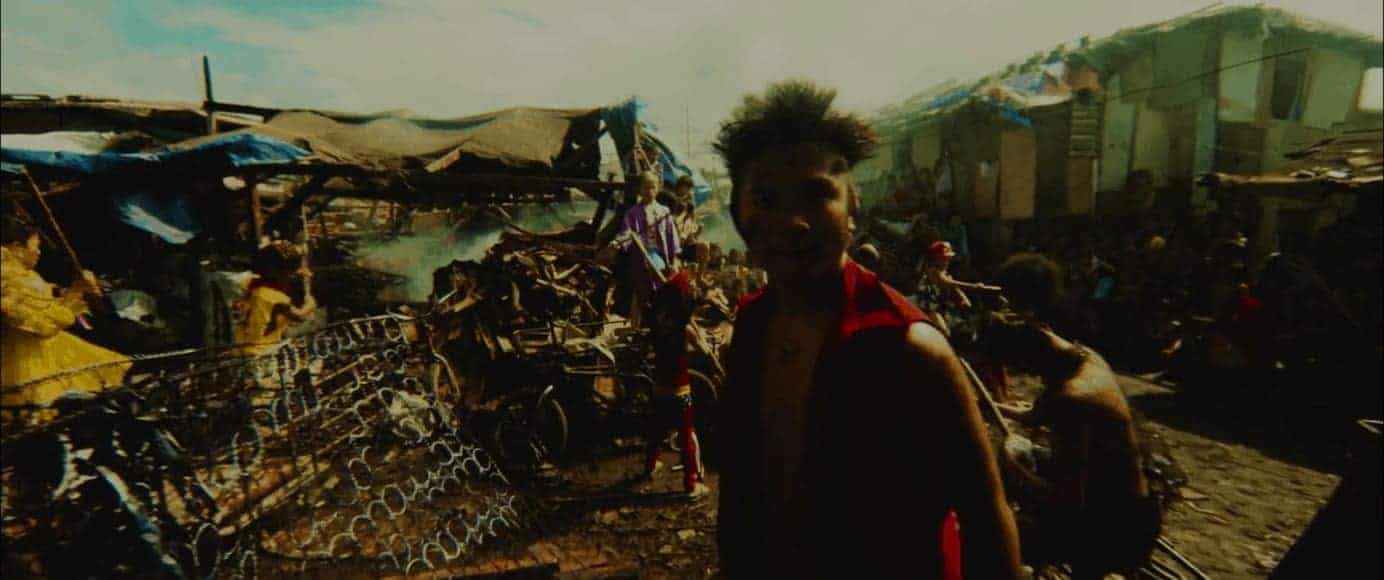
How would you describe Khavn as a person?
Khavn as a person, hmm I'm not sure how to put it. Like Carlo Francisco Manatad says, he's a hell of an optimist and God knows, where he takes that energy from! And Khavn's not putting his attitude to rest, ever, living his impossible dream to the fullest, no matter what, and that suits me very well. Regarding his dependability, he's probably one of the few persons you should definitely get to know on this planet at all, if you know what I mean, and I am glad that I did!
What new projects are you working on at the moment?
I am currently preparing my debut film, “Atrocity Film“, an essay-film about the archival films of the Holocaust. We'll hopefully start shooting in September on 35mm! And the plan is to finish it in summer 2021.


